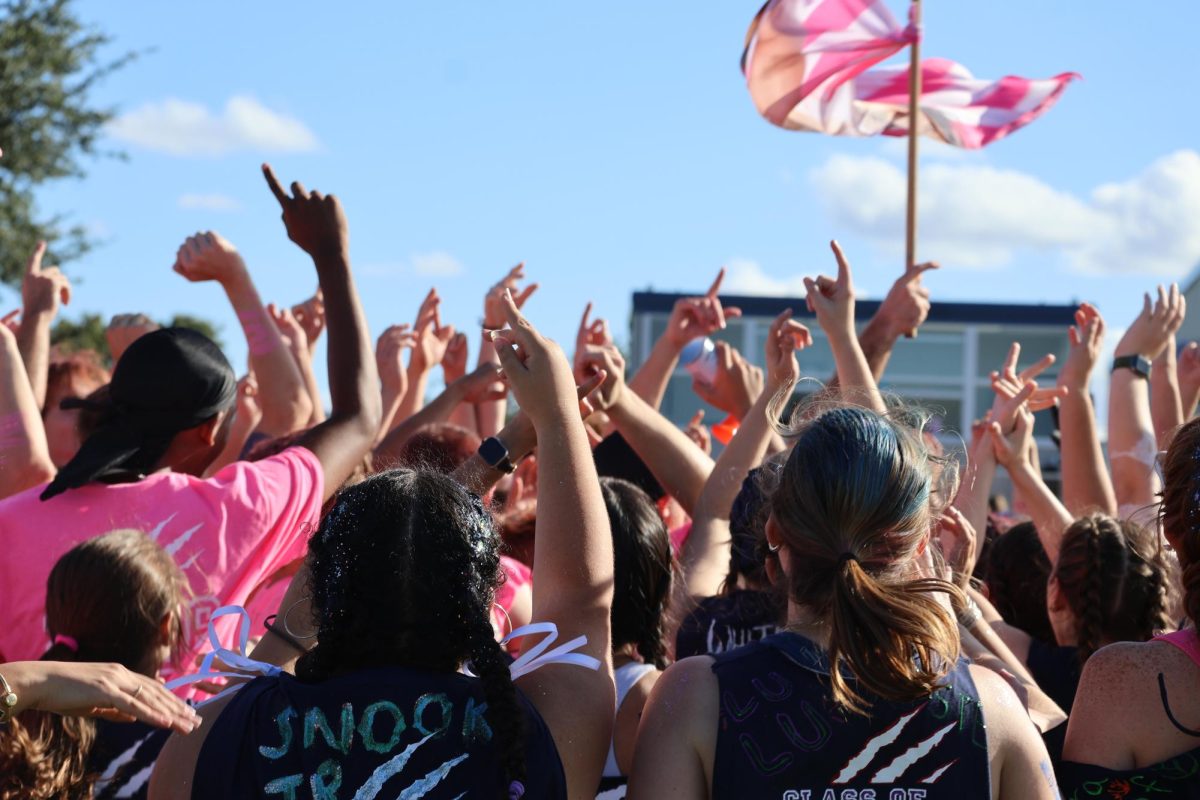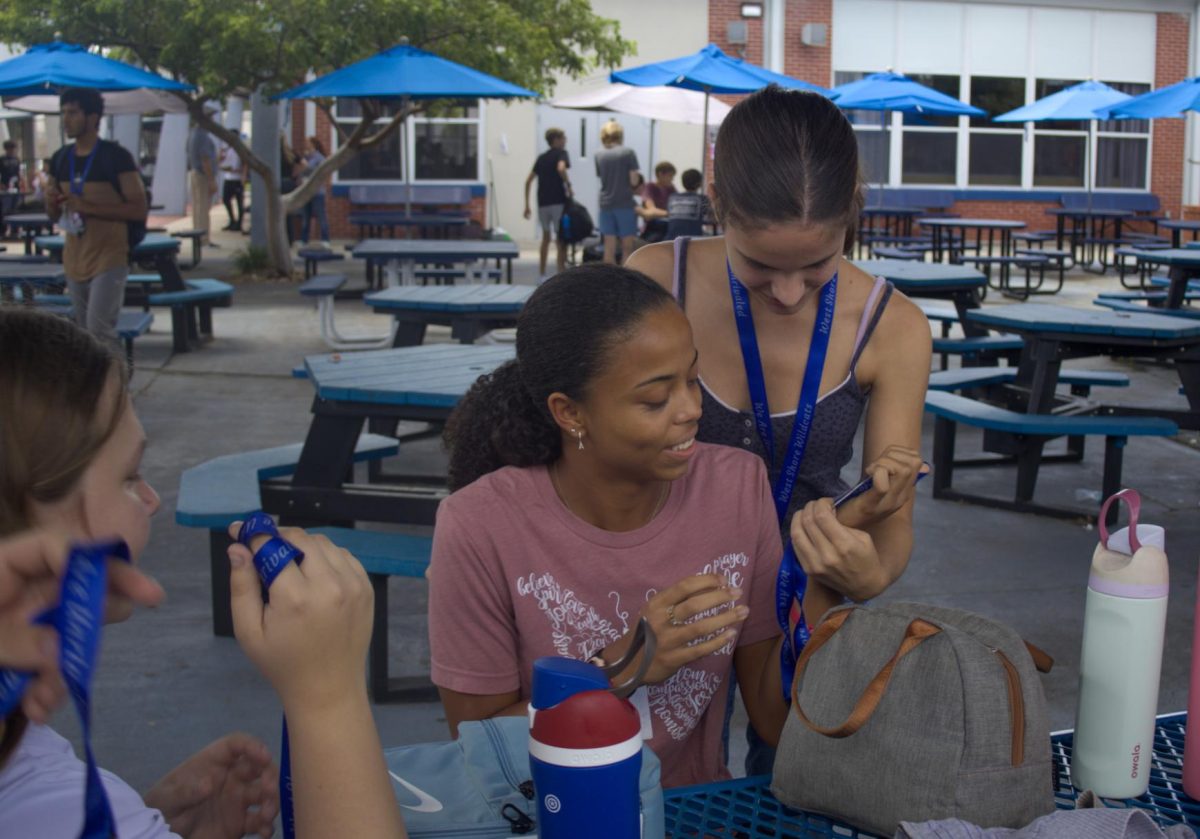Kindergarten students could be learning more than just their ABC’s with a recently-proposed bill that would add the history of communism to the curricula for K-12 in public schools. If the bill were to pass, it is estimated to take effect during the 2026-2027 school year.
“They’re not going to understand what they’re being taught,” Social Science and Curriculum Resource Specialist Kirk Murphy said. “Those are hard things to teach high school students; it’s a hard thing to teach adults, much less small children. Save it for high school when people are better able to understand it.”
HB 1349 would require classroom discussion of the historical effect of communism on the United States and go into detail of its prior presence in countries such as Cuba and Venezuela. This includes The Great Proletarian Cultural Revolution in China as well as the Third Reich of Germany that lasted from 1933 until 1945. Within the state of Florida, seventh grade is currently the earliest students are taught about the subject of communism.
“It would be better to learn about communism and such when [students are] more mature,” sophomore Hlla Waregh said. “We learned about it in AP World in ninth grade, and I think that was a good time for it.”
Another part of the bill was SB 1264, which would call for the formation of the History of Communism Task Force. Members of that task force are to be selected by Gov. Ron DeSantis and would be in charge of developing the educational program on the subject of communism for grades K-12. If the bill is passed through legislation, they are expected to have the arranged curriculum ready by July 1, 2025.
“My biggest concern with this would be that there may be some misinformation because some teachers may hold stronger biases than the information that they’re actually supposed to teach,” junior Mariam Hassan said.
This is in addition to the previous bills that address communism. An example would be the establishment of “Victims of Communism Day,” which required 45 minutes of instruction time in relation to the subject and marked it as a graduation requirement. This was approved two years ago during the 2022-2023 school year.
“I know reading literacy is down in a lot of places in Florida; maybe let’s divert our attention to fixing the low rates of reading literacy rather than implementing new social education that [students] can learn in older grades,” Hassan said. “I think this is something more appropriate in high school if the curriculum teaches it in a non-biased way.”
By Amanda Madjid


![Sophomore Isabelle Gaudry walks through the metal detector, monitored by School Resource Officer Valerie Butler, on Aug. 13. “I think [the students have] been adjusting really well," Butler said. "We've had no issues, no snafus. Everything's been running smoothly, and we've been getting kids to class on time.”](https://westshoreroar.com/wp-content/uploads/2025/08/IMG_9979-1200x800.jpg)
































